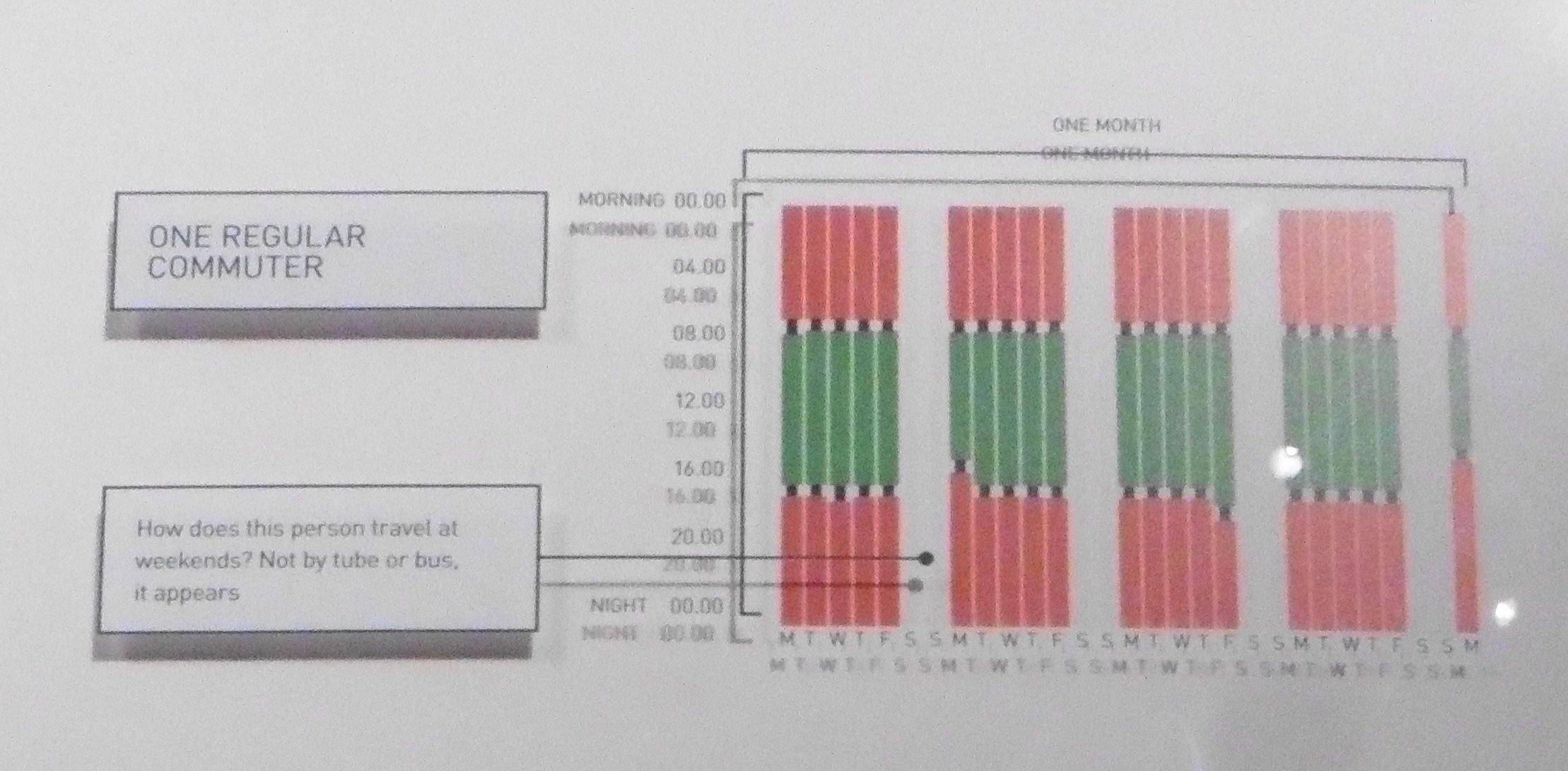This is the text of an unpublished article. I wrote it in 1999 and sent it off to the education editor of The Daily Telegraph. He rejected it. Oh well. The article will give you some idea of the issues we, the teachers of computing and information technology, were grappling with.
Read MoreThis article was originally published in, I think, 1998. I thought some people might find it interesting to read about what the department for education in England was trying to do back then in terms of providing resources for teachers, and the issues about it that I thought should be addressed.
Read MoreWhy set students real-world, life-changing, humanity-saving problems when trivial challenges are likely to prove equally, if not more, useful?
Read MoreCloud services have their place, but schools should still think carefully about how they can keep the media they produce safe, secure and on-site.
Read MoreHazardous environments: I like to think of this as being a metaphor for any situation in which one is challenged.
Read MoreSo many authors think they ought to be the recipient of the Nobel prize for literature.
Read MoreThe way some people describe Computing makes it sound (let's be honest here) dead boring. The subject gets reduced, in effect, to 'coding'.
Read MoreThis article was originally published some time ago, when there was a previous iteration of the National Computing. However, although the context has changed, many of the issues remain, which is why I've decided to republish. I hope you find it useful. It has been lightly edited to remove dud links)
Read MoreEvery so often I read about a headteacher caving in to students ‘demanding’ their rights, or demanding something or other. The usual technique is to go from zero degrees to boiling in no seconds flat, bunking off lessons to ‘protest’. My response would be to (a) suspend the lot of them
Read MoreOne of the few good things about the emphasis on ‘coding’ now is that as most people acknowledge that they know nothing about it, they leave the people teaching it in peace.
Read MoreOn the ICT & Computing in Education blog I had one of my peridodic digs at politicians. Over on my Eclecticism newsletter I wrote about my writing process.
Read MoreHere at Freedman Towers I have been trawling through the archives, hoping to salvage something of my legacy to donate to the nation, or indeed the world. Anyways, all joking aside, I came upon this email I wrote…
Read MoreI have republished this post, or a version of it, on my Substack newsletter. The comments are interesting!You can use a spreadsheet to solve even relatively trivial problems — but why should you do so?
Read MoreIt was when my wireless router told me that there was no printer on the network that I finally flipped.
Read MoreThis is a blast from the past. But kids are kids.
Read MoreIn 1994 I set out with my wife to discover the best place to buy a computer system -- and discovered a lot of sexism along the way.
Read MoreThe “Long Tail" has been lauded and quoted at length. But what does the book actually say, and how does it stand up to scrutiny. In this lengthy review I give it a cautious "thumbs up".
Read MoreElaine keeps telling me to remember to clock in and out at stations, even if the barriers are open. She’s right.
Read MoreHere’s a rum thing. While trawling through the Freedman archives looking for something exciting to read (actually, an excuse for not getting on with the work I’m meant to be doing), I came across this old newsletter.
Read MoreWhen it comes to jargon, the Building Schools for the Future programme in England takes a lot of beating. I’ve railed against the Department for Education for its awful predilection for driving agendas forward and delivering targets or whatever, but really they’re just amateurs at this stuff.
Read More





